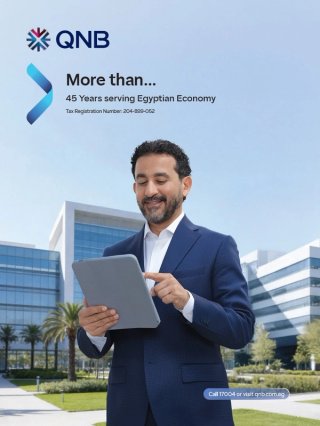Talk is cheap, the time to act is now- a look at the top three consequences of bank de-risking on the global community
Published by Gbaf News
Posted on March 23, 2019
5 min readLast updated: January 21, 2026

Published by Gbaf News
Posted on March 23, 2019
5 min readLast updated: January 21, 2026

Ten years ago, the financial crisis damaged the financial industry and led to government action. Regulatory controls were implemented to protect the economy and reinforce the global financial system.A decade later, we can now look back and see how banks and other financial players responded, and where the regulatory controls have led us. Many of the changes have been positive, but others have had unintended consequences for both the financial services industry and its customers.One of the unexpected consequences for the global financial system has been de-risking, and it is time we address its threat to the livelihood of people around the world.
According to the Global Center on Cooperative Security, de-risking refers to financial institutions closing the accounts of clients perceived as high risk for money laundering or terrorist financing abuse, such as money service businesses, nonprofit organizations, and correspondent banks.
Put simply, de-risking is when organizations seek to limit exposure to risk by ceasing to bank entire categories of activity without regard to the actual risk represented by each individual customer – it is treating industries in a one size fits all manner. Rather than adopting steps to continue to serve clients, some banks are cherry-picking services with lower regulatory costs and higher profits.
It is entirely correct that financial institutions conform with regulatory requirements. However, the actions some are taking to do so go far beyond anything that has been mandated by any regulator. It is in a sense a very simple and crude way of removing risk from their books and the consequences are far-reaching.
This approach is not consistent with the global guidelines issued by the Financial Action Task Force and regulations issued by many countries across the world, which call for banks to take a “risk-based” approach to evaluating their customers and specifically state that banks should not remove entire categories of financial services from their portfolio. Instead, the guidelines ask banks to take a case-by-case look at the risks presented by their potential client’s customer base, and determine whether their AML program meets that risk.
The first consequence is that bank de-risking undermines financial inclusion and therefore interferes with the UN sustainable development goals, because global banks have been limiting correspondent banking relationships (CBRs) with local banks in emerging and developing economies. According to the Financial Stability Board, there has been a reduction in the number of CBRs on the global level.With this reduction, many developing nations cannot access vital financial services, which limits their financial inclusion capabilities and interferes with their ability to engage in trade and access finance for infrastructure and community development.
Second, bank de-risking undermines anti-money laundering and combatting the financing of terrorism (AML/CFT) objectives, which, paradoxically, the toughened regulations were designed to target. According to the World Bank, by pushing these transactions out of the regulated system into more opaque, informal channels, they become harder to monitor. Therefore, AML/CFT transactions are more difficult to catch.
Finally, bank de-risking may increase the cost of remittances, therefore undoing the trend of lower fees and progress in recent years. According to the Center for Global Development, as financial institutions withdraw from types of activities that they perceive as riskier, there is an impact on cost of remittance flows because remittance service providers are forced to turn to higher cost alternatives, remittance corridors cease operating altogether because the cost of providing them is no longer economical, or money has to be shipped in cash or through other informal methods which are inherently insecure and prone to risk.
At Western Union, we know the significant impact that de-risking has on many of our customers and the global economy at large.When entire categories of people or geographic regions are eliminated from a bank’s portfolio, it impacts whole communities that need to move money across borders. It pushes people away from the formal financial system, which jeopardizes their financial security.
That is why Western Union has been working with governments, regulators, multilateral organizations and banks around the world to highlight the consequences tied to de-risking.The Global Compact for Migration was developed with intent for nations to act together in combatting the issue of de-risking as a means of progress towards the UN Sustainable Development Goals.It is encouraging to see the international community acknowledge the problem, but still, not enough has changed.
What are governments doing to ensure that individuals around the world are able to bank? The people who suffer most are those who are financially excluded, so what is being done to prevent this?
Enough reports, enough round-tables, enough discussion. Talk is cheap. It is time for meaningful and impactful change.This problem requires unity. It requires a willingness and determination from nations and banking systems around the world to work together to solve the dire consequences of de-banking. It is high time the global community takes action.
Chloe MacEwen,Western Union ,VP of Public Policy, Europe and Barbara Span, Western Union VP Public Affairs, MEA/APAC
Explore more articles in the Banking category











